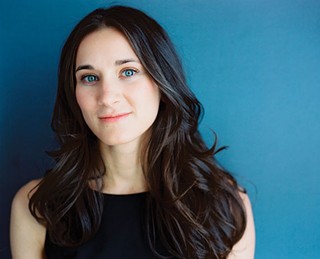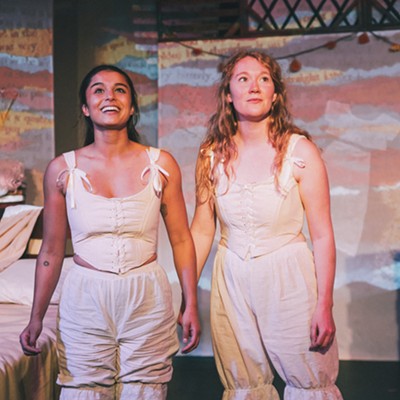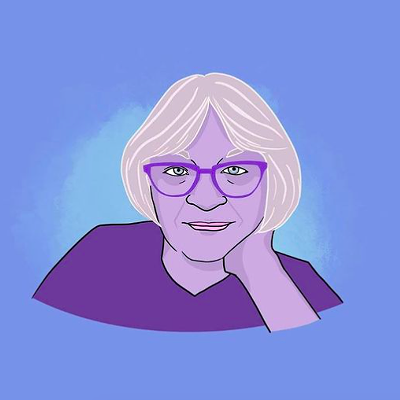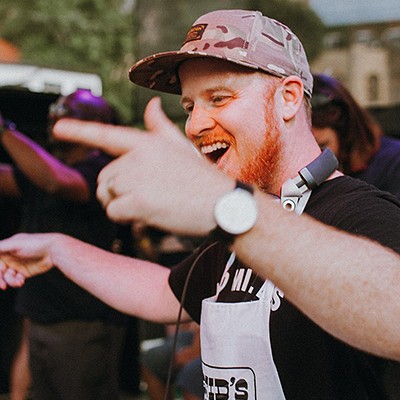We witness events. We live much longer in their aftermath. This idea underpins East of Berlin, the Governor-General Award-nominated play being presented by Halifax's 2b theatre company, directed by Christian Barry (see review page 52).
"I was interested in talking about the fallout of the Holocaust," says 31-year-old playwright Hannah Moscovitch on the phone from Toronto. "The Holocaust was an extreme event, but so is the fallout."
The principal measure of that fallout comes in the form of Rudi (David Patrick Flemming). The play opens on the young German at his family's home in Paraguay. It's 1970. From this point in history and place of hiding in South America, Rudi recounts his own reckoning with his father's past in the fatherland. Was his father complicit or culpable in Nazi atrocities? On his way to answering this, Rudi carries a heavy burden of guilt. It's crushing him.
With East of Berlin, Moscovitch provides a possible answer to a primary question: "What do we do with inherited guilt?"
During research, Moscovitch, who is half-Jewish, read of a range of responses, including Born Guilty and Legacy of Silence. In these, the authors, both sons of survivors, interview "the children of Nazis." "There were children of Nazis who would convert to Judaism, become a rabbi and move to Israel," she says. "The reactions were so extreme.
"There were a lot of relationships with Jews. Some reported urinating on their parents' graves. They did things like talk about themselves as being stillborn and waiting to die so that the inherited guilt could die with them---not wanting to have children."
In the script, Moscovitch distills the damage done to Rudi's weary but witty humour and his speech: a syntactic jumble of stops and starts, as though two people are talking and cutting each other off. The main character also possesses a full dimension. Rudi once had dreams and plans. He studied the same discipline as his father. But Rudi soon gave up university, realizing, as the playwright says, when you're in his position, "Even your talents are poisoned."
Soon, Rudi's sole ambition became figuring out his father's role. This is what Rudi tells the audience. The protagonist faces and directly addresses them. (Along with themes of legacy and memory, the direct-address approach and the possibilities it implies to set configuration are the types of practices 2b theatre embraces.)
"I envisioned the relationship between Rudi and the audience as the primary relationship of the play," says Moscovitch.
East of Berlin premiered in Toronto, where, Moscovitch explains, Rudi was "forced forward" on stage, thrust into contact---confrontation?---with the audience. "You have a protagonist who wants something---actively engaging" spectators, she says.
Rudi appears to want his view, and pain, validated so he can move on. He wants and, one comes to believe, deserves compassion---at least some degree of it. Besides his father, Rudi has two other counterpoints: his friend and fellow German, Hermann (Picnicface's Bill Wood), and Sarah (Katie Smith), whom Rudi meets in West Berlin. Sarah's undergoing her own personal fallout from the Holocaust. With Rudi she shares a need for information---confirmation---and solace.
"It's really a coming-of-age story, about a man and his father, and it's a love story," says Moscovitch.
Growing up, falling and being in love are fraught, especially in the aftermath.













